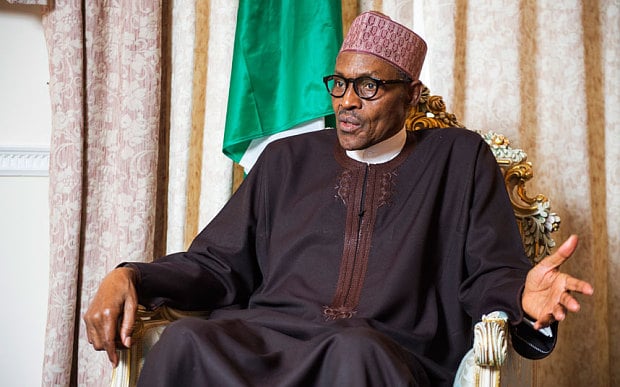WITH members of the National Assembly ready to commence debate on the N8.6 trillion 2018 budget proposal, the perennial executive/legislative battle is sure to be triggered again.
Nigerian Tribune gathered from legislative sources in Abuja at the weekend that some of the triggers of the battle this season include some key assumptions and macroeconomic framework as contained in the 2018-2020 Medium Expenditure Framework (MTEF), such as $45 per barrel crude oil benchmark, exchange rate of N305/US$ and crude oil production of 2.3 million barrels per day.
These assumptions all have implications on the N2.005 trillion deficits inherent in the budget proposals.
A group of legislators in a bi-partisan coalition are pressing to significantly reduce the deficits, thus also reducing the amount government will eventually borrow to execute the budget especially from the domestic market since $5 billion has already been approved as external borrowing.
Although the coalition includes Senators and representatives, 19 of such Senators played their first card on the day President Muhammadu Buhari presented the budget proposal to a joint session of the National Assembly.
They co-sponsored a motion to abolish the Excess Crude Oil Account (ECA), which they described as unconstitutional and also called on the executive to pay the amount above the oil benchmark into the Federation Account in compliance with the constitution.
The lead sponsor of the motion, Sen. Rose Oko (PDP-Cross River), in her debate declared that ECA was not in tandem with Sections 80(1-4) and 162(1-3) of the 1999 Constitution.
One member of the coalition in the House of Representatives told our correspondent that they were determined to significantly raise budget benchmark from $45/barrel to between $55 and $60 considering that oil has stayed above $60 for some time now and tensions in the Middle East suggest continuous upward rather than downward movement.
The legislator, a member of All Progressives Congress (APC), said that by this, the N2.005 trillion inherent deficits in the budget proposal will be drastically reduced.
The legislators argue that key members of the executive have been usurping their power of appropriation through the management of ECA while many state governors have also fleeced their citizens because of the non-transparent way that the account has been handled in the past.
According to another legislative source, between May 2015 and August 2017, about $122.2 million dollars had accrued and ought to have been paid to the ECA but did not reflect in the balance.
“ECA had been a source of huge revenue leakage in the country,” the legislator saying that it had created room for arbitrariness.
A director at the Federal Ministry of Finance told our correspondent that payments into the accounts had been haphazard due to the bad economic condition, which the country ran into.
The director said, however, that since things have begun to improve, deposits would be made soon and announced during the next meeting of Federation Account Allocation Committee (FAAC), as such excess accruals are collected usually over a two-month period before being deposited into the ECA.
Minister of Budget and National Planning, Senator Udo Udoma disclosed at the public presentation of details of the 2018 budget proposal on Tuesday last week that revenue targets have mainly been met for much of 2017 especially by Nigerian Customs Service (NCS), and crude oil sales, which are both “performing optimally.”
Udoma said FGN’s oil revenues and customs revenue as performing almost to target as oil production averaged 1.9mbpd against 2.2mbpd projected. Increased oil prices, however, made up for the 300,000 barrels per day shortfall. “Oil revenues amounted to N1.6 trillion vs N1.6 Q3 prorata budget.
“Collections for CIT and VAT were N407.59 billion and N95.57 billion respectively, implying performance of 67% and 53% respectively of prorata budgets. Customs revenue was N207 billion out of N208.17 billion prorated as at Q3, i.e., 99%; Independent Revenues of N155.14 billion that is 20% has been remitted by government-owned enterprises (GOEs),” he disclosed.






